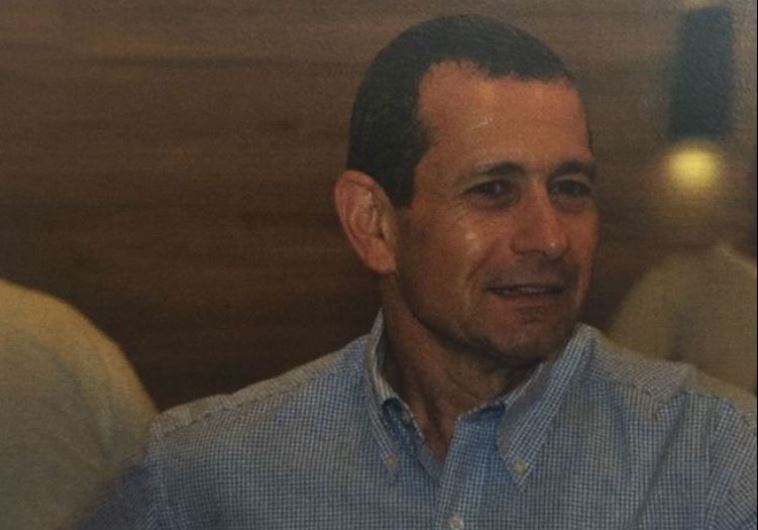Thwarting an attack before it takes place
How is it that the Shin Bet manages time and again to in identify the individuals and organizations involved in terrorist attacks so quickly?
 Nadav Argaman, the man named to head the Israel Security Agency (Shin Bet)Updated:
Nadav Argaman, the man named to head the Israel Security Agency (Shin Bet)Updated: